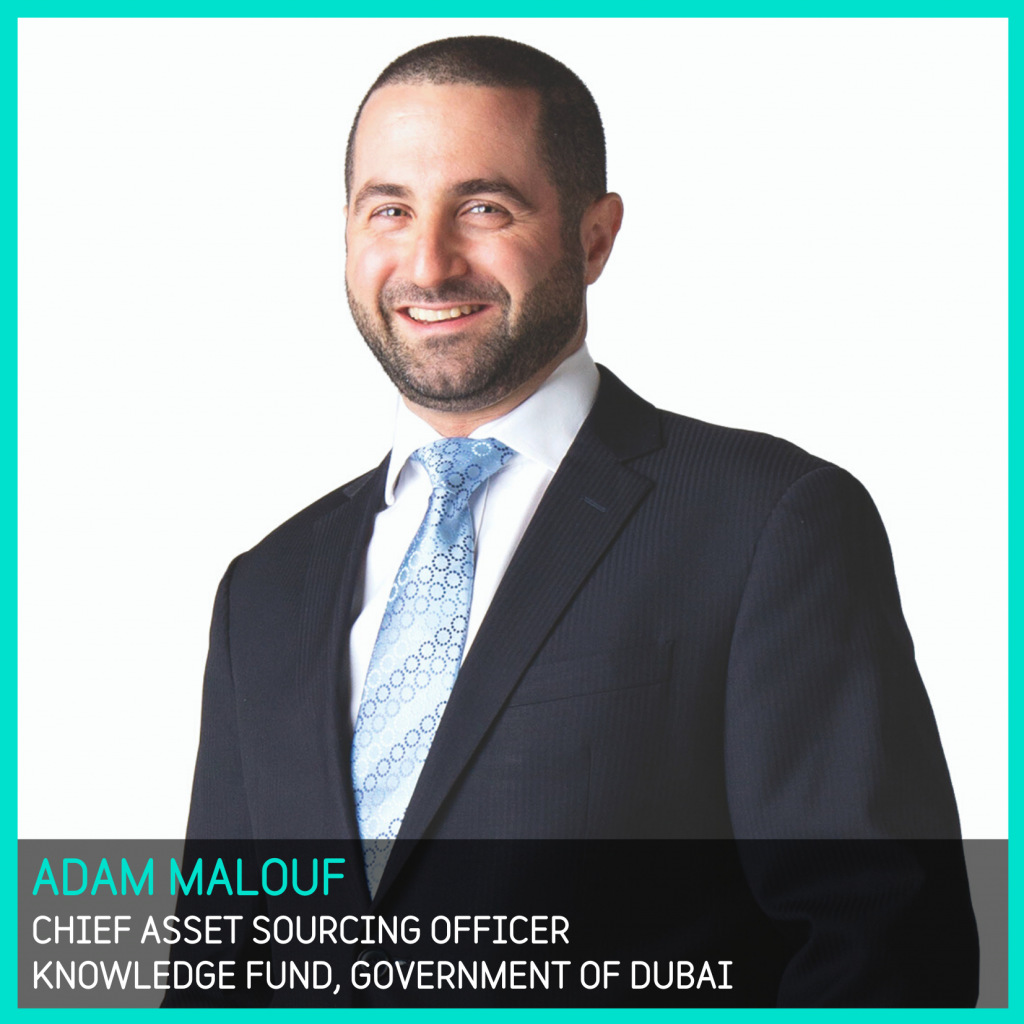By Adam Malouf, Advance.org Ambassador in the United Arab Emirates, FAICD

We welcome our new Advance.org Ambassador in the UAE, Adam Malouf. Adam is the Chief Investment Officer for a sovereign wealth fund in Dubai, and is Chair of the Middle East Advisory Committee for the Australian Institute of Company Directors. He shares with us an update on a historic development that recently took place in the UAE.
In the depths of a Gulf summer, with the spectre of the COVID-19 pandemic starting to lift in the UAE, an apparent bolt out of the blue came on 13 August 2020, with the announcement that the UAE would normalise relations with Israel, and barely a month later, on 15 September 2020, pen was put to paper in Washington, D.C. with the signing of the formal agreements.
A meeting of minds
Contrary to popular belief, there are more similarities than differences between the two countries, and apart from years of low-level dealings, the foundation of this historic event can be traced back to the visit of His Holiness Pope Francis to Abu Dhabi in February 2019, where he celebrated Mass with almost 200,000 people.
Following this, two events of significance took place: first, the signing of the Document on Human Fraternity by Pope Francis and Sheikh Ahmed Al Tayeb, Grand Imam of Al Azhar in Egypt, symbolising a new era of religious co-operation and tolerance and second, as part of the signing of this document, the announcement in September 2019 that the Abrahamic Family House would be built in Abu Dhabi, consisting of three holy sites representing the world’s three major religions: Christianity, Islam and Judaism, but with all three buildings being of a very similar external design, to demonstrate equality between the faiths.
These events, although perceived to be historic per se, were not isolated: they are part of a journey towards greater co-operation, tolerance, pragmatism, and recognition of the fact that the rationale for past differences simply does not hold true any longer.
Cultural and commercial drivers
Culturally, there are many similarities: a focus on hospitality for guests, family and friends; acting in a respectful and humble manner; and striving to be the best globally in many fields. From a business and economic perspective, both countries have a air of entrepreneurialism, which is seen in the fact that both countries have built something from nothing, using their limited available resources: in the case of the UAE, which will soon celebrate its 50th anniversary since its federation, it is now a thriving, sophisticated and modern country that has taken its place on the world stage in many areas. While Israel has built a venture capital and technology ecosystem that is the envy of many countries, and managed to overcome the issues around an arid climate with many innovative agricultural techniques.
Much has been written already about the potential areas of co-operation and complementarity: cybersecurity, food security, technology, financial services, the list goes on. But why now? One could argue that, in an era where global trade is becoming more regionalised, this agreement represents one of the last pieces in the regional trade puzzle for the Middle East. It is however something bigger than that: both countries have yearned to have access to each other’s markets, not only for the sake of bilateralism, but because it augments the region’s place as a crossroads between east and west.
Future growth
It also fits well into the UAE’s theme for 2020, which is focused on actively looking at the next 50 years, and how it can continue to position itself to ensure that its offerings remain relevant, adaptable and accessible. Similar to Israel, key sectors that the UAE will continue to be prioritised are education, healthcare, infrastructure and financial services, but all in the context of embracing the Fourth Industrial Revolution, which means all of these areas will be touched by research and development, artificial intelligence, robotics, mobility of capital (in all of its forms), and economic security.
These key pillars, which are not necessarily industry-specific, will continue to ensure the competitiveness and resilience of both countries, as they are the drivers of growth, underpinned by a pervasiveness of technology in all aspects of our daily work and lifestyle – something which will remain for years to come.
Further information
Adam Malouf spoke with Advance.org CEO Maria MacNamara in July 2020. Watch the interview and read about the opportunities they discussed.
Adam Malouf has 20 years of experience as a C-suite executive and non-executive director, and has worked in multiple roles and industries. With a high degree of cross border experience and cultural awareness, he has been focussed on finance, management, strategy and governance. His degrees in commerce and law at UNSW allowed him to work in private legal practice, focusing on banking and finance, real estate, funds management, private equity and capital markets. His journey as a global Australian started around 2004, when Dubai came onto his radar. He recognises that what keeps him overseas is the ‘can do’ attitude and growth aspirations of the UAE. After sixteen years, he still finds Dubai a place that encourages and creates the environment which enables free trade, low cost of doing business, sensible regulation and open dealings between government, private sector, business associations and other entities in the corporate ecosystem.
CAREER SNAPSHOT
- Chief Asset Sourcing Officer at the Knowledge Fund in the Government of Dubai,
- Chair of the Middle East Advisory Committee at the Australian Institute of Company Directors
- Board Member for Trade and Investment at the Australian Business Council Dubai
- On the management committee and is a strategic advisor for the NSW chapter of The Australia Arab Chamber of Commerce and Industry
- Independent Non Executive Member of the Board Finance and Risk Management Committee for the Royal Australasian College of Physicians